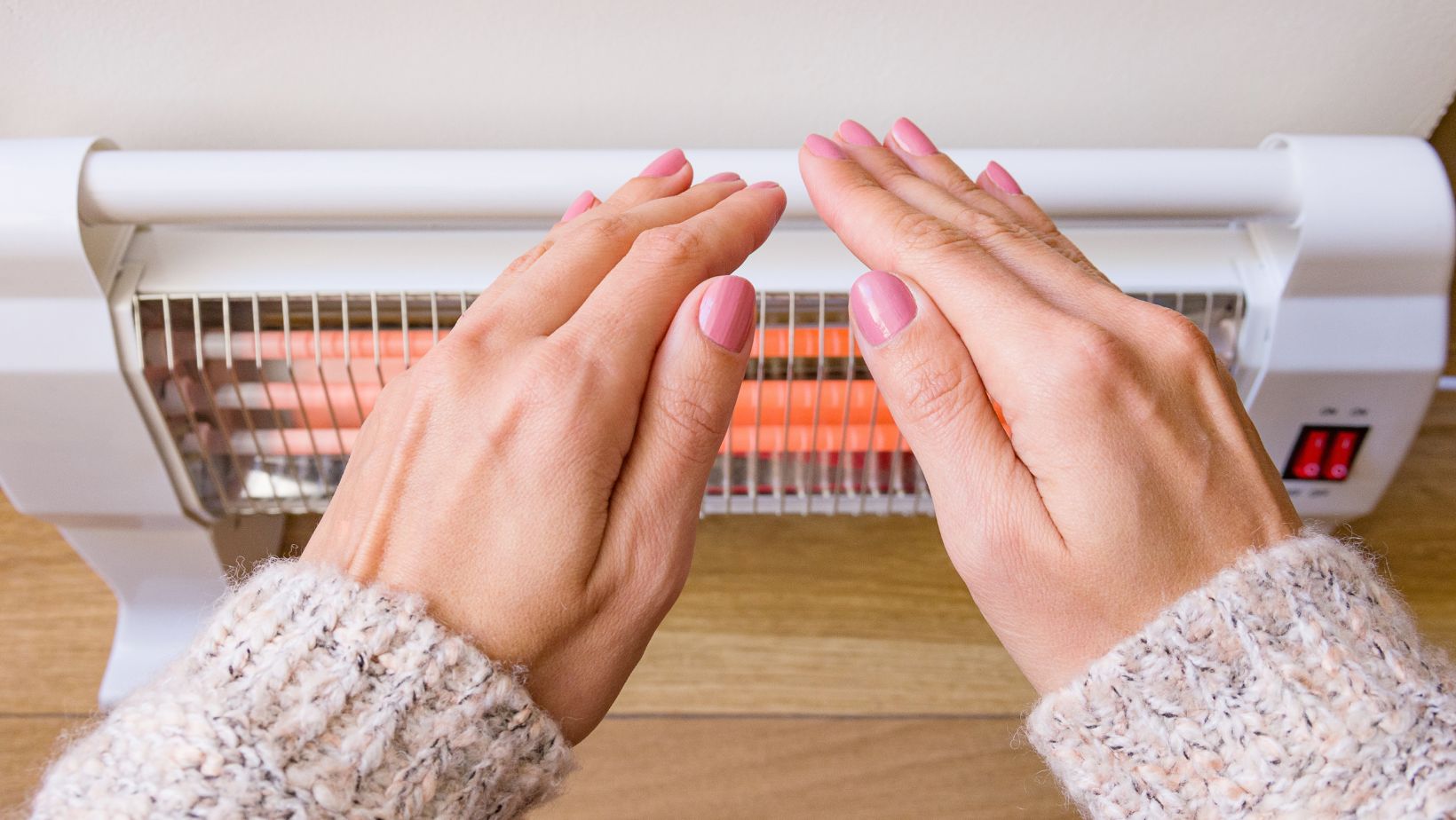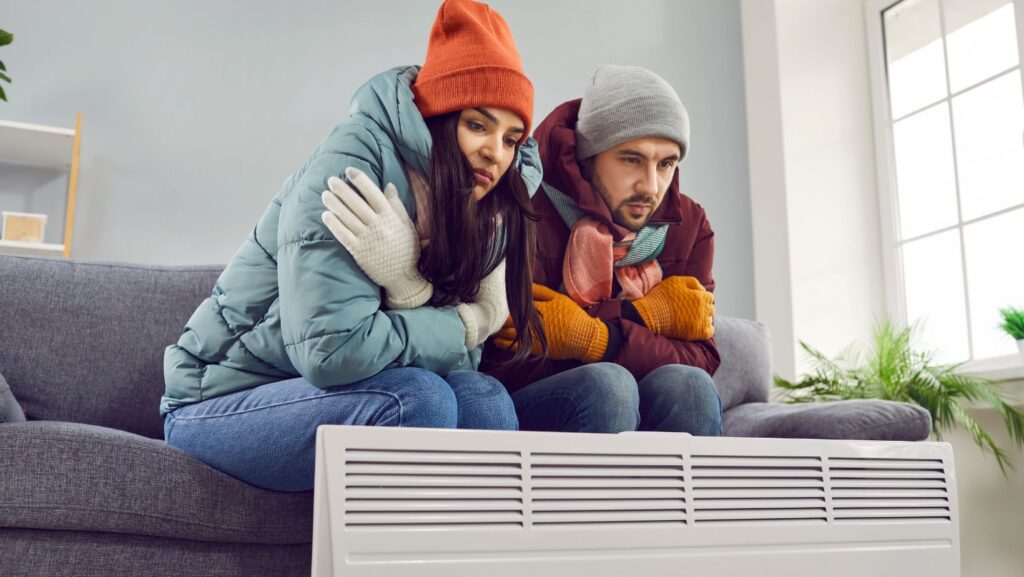While it is important to keep your home warm during winter, excessive heating can secretly increase energy bills. Furthermore, few homeowners really understand how overheating actually wastes energy and causes increased wear and tear on the heating systems, adding more to overall costs in the long term. By understanding the below-the-surface costs of overheating and how practically to solve it, you shall be able to hold onto a cozy home while being able to save money.
The Real Cost of Overheating
Heating your home beyond what is necessary comes with several financial downsides. For one, energy consumption increases significantly with each degree you raise your thermostat. According to energy experts, lowering the temperature by just one degree can save up to 3% in heating bills annually. Overheating also puts undue stress on your heating system, such as a furnace, perhaps causing frequent furnace repair costs. Besides, it hastens the wear and tear that calls for servicing, hence shrinking the life of the equipment, adding further costs in the long term. However, you shouldn’t shy away from repairs either, proper furnace repair can also save you a lot of money by cutting out the frequent shoddy jobs.
Ideal Temperature Settings for Savings
That will be all about finding that sweet spot between comfort and efficiency. The U.S. Department of Energy suggests the following: try setting your thermostat to 68°F when you are home and awake but lower it by 7-10°F when sleeping or out. This can save up to 10 percent on annual heating bills. Programmable or smart thermostats will definitely automate these tasks easily for you, comfort kept and your home energy-efficient.
Insulation
Good insulation is one of the best methods not to overheat your house and avoid heat loss at all. The house that isn’t well insulated will lose its heat in no time and consequently will force you to raise the thermostat just to warm up. It is very important to insulate walls, the attic, and floors because it will hold the warmth inside and reduce excessive heating.

Sealing gaps around windows, doors, and vents can go a long way toward reducing drafts and heat loss. Investments in insulation are commonly expensive up-front, but over time, the savings will rapidly outweigh the cost.
The Role of Sunlight in Winter Heating
Free natural sunlight is a very good heating agent. Let sunlight naturally heat your home during the day by opening curtains or shades on south-facing windows. Close these at night to retain the heat inside. Simple as it is, you decrease your dependency on artificial heating and save on energy bills. This, along with proper insulation and efficient habits of heating, will ensure that you get the most from both natural and artificial heating sources.
Layering for Comfort
Too often, overheating is a result of how people are dressed inside and how they use the heating system to maintain comfort. Consider wearing warm, layered clothing and using blankets instead.

Adjusting your clothing choices can let you comfortably lower the thermostat and save on heating costs. This strategy not only helps reduce energy consumption in a cost-effective way but is also environmentally friendly.
Heating Zones and Efficiency
Zoned heating systems are capable of heating just certain areas and not necessarily the whole house. If your house is not set up for this sort of zoned heating, merely closing the doors of unused rooms or directing the heat to only the room in which a person is occupying does essentially the same job. There is less waste of energy this way, and also you do not give into overheating the entire home. In this case, investment in a zoned heating system will pay if it is for long-term use.
Overheating one’s home is an expensive habit that can be avoided by making some pretty thoughtful changes. There are several ways to warm up a home without hiking the energy costs-from setting optimal temperatures on the thermostat to improving insulation and taking advantage of sunlight. These will save money because the heating system does not get burned out, so one will not have to risk highly costly repairs. A comfortable and energy-efficient home is possible; it just takes a smarter approach to heating.



